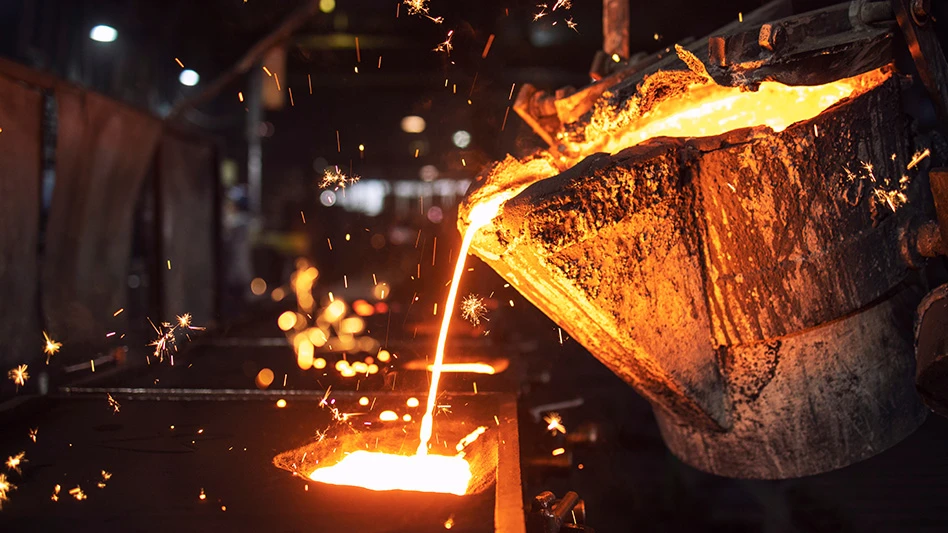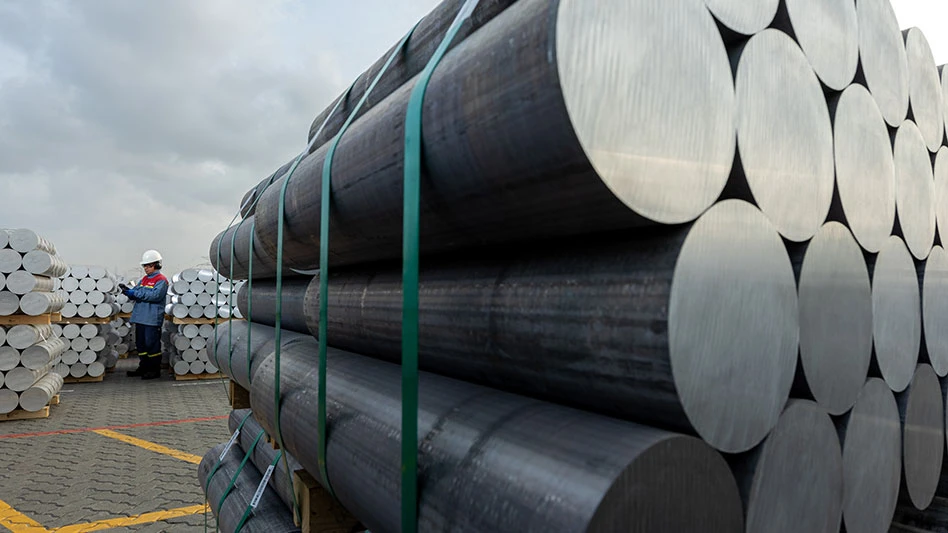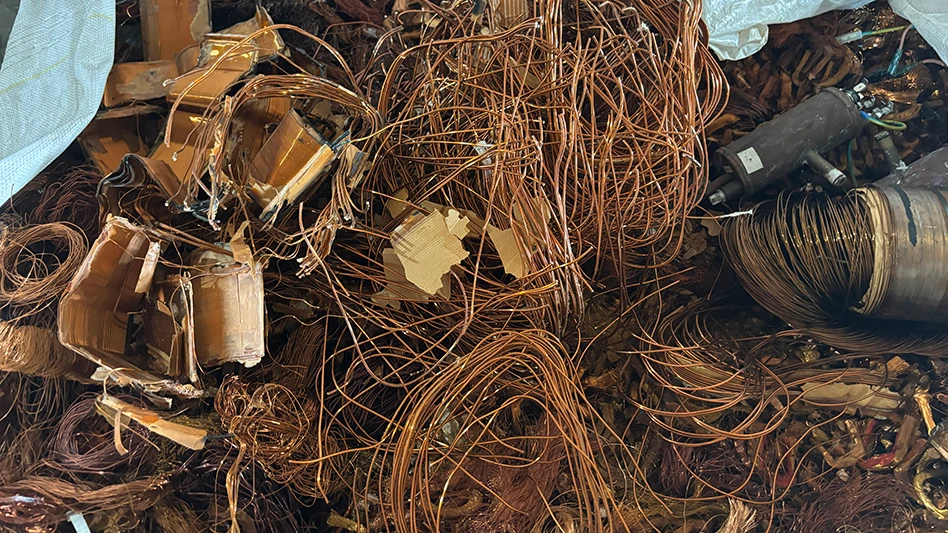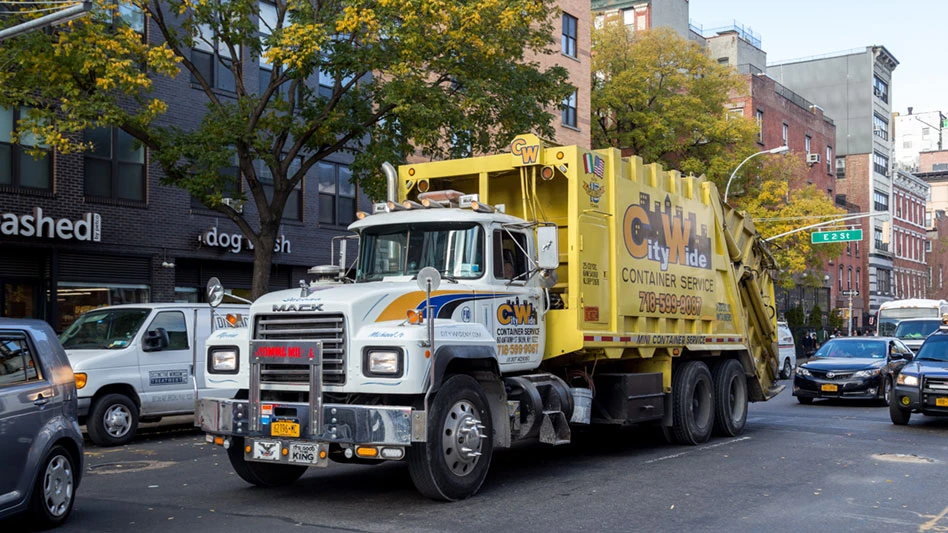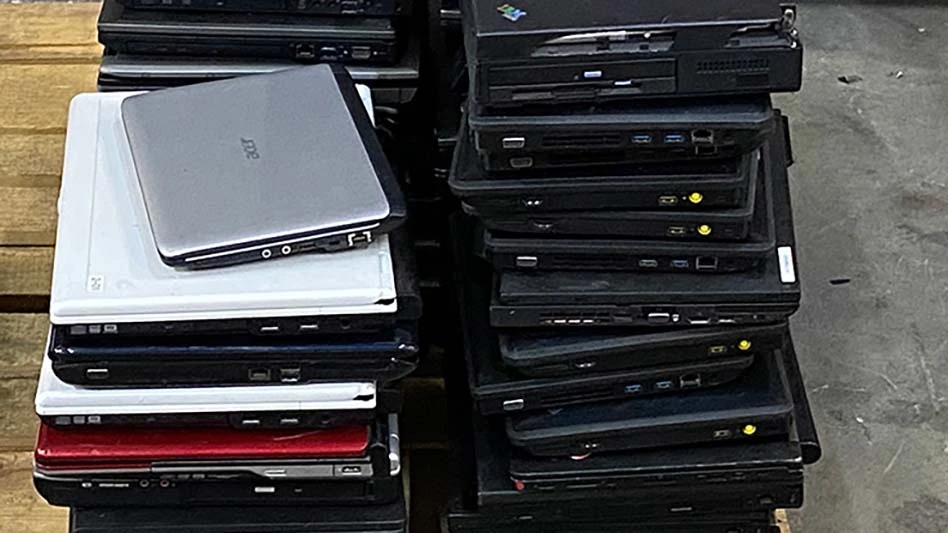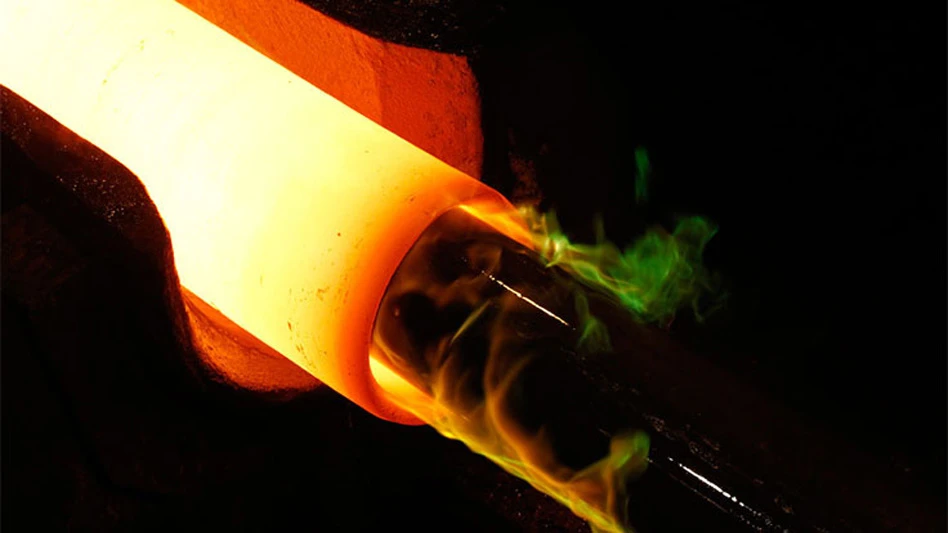
Photo courtesy of Arena 2036
Paris-based Constellium SE, a company that develops and produces value-added aluminum products for a broad scope of markets and applications, including aerospace, packaging and automotive, has completed and published the FlexCAR project in partnership with Arena2036, Germany’s leading research campus for future mobility and production technologies. Constellium worked with project partners such as Mercedes-Benz, Siemens, Bosch and the German Aerospace Center (DLR) to complete this publicly funded, five-year project.
Arena 2036, or Active Research Environment for the Next Generation of Automobiles, is a research campus in Stuttgart-Vaihingen, Germany, designed to provide a flexible and future-oriented research platform for mobility and production. Constellium has been a contributing member on FlexCAR since 2018.
Funded by Germany’s Federal Ministry of Research and Education, FlexCAR envisions a future where major vehicle systems—such as the drivetrain, energy storage and interior—can be configured or updated easily, similar to how standardized and open software interfaces (API) enable third-party providers to offer new applications based on existing smartphone hardware. The project was developed with a standardized autonomous vehicle platform, allowing new technological features to be implemented according to the plug-and-play principle for validation regarding future application potential.
To help ensure the structural backbone of the project’s open architecture meets the highest standards in safety and performance, Constellium says it developed a modular sill concept using aluminum extrusions made from its HSA6 high-strength aluminum alloys featuring significant recycled content. Designed to support various powertrains—including battery electric and hydrogen fuel cell—the sill structure offers enhanced crash performance, design flexibility and a lower carbon footprint over the vehicle’s life cycle.
“FlexCAR shows how modular thinking—combined with the performance and sustainability benefits of aluminum—can revolutionize vehicle design, enabling longer lifespans, greater adaptability and lower environmental impact,” says Patrick Böhler, director of sales and product development for Constellium Automotive Structures. “Collaborations like these are how we turn ideas into real-world innovations.”
Latest from Recycling Today
- International Paper completes sale of global cellulose fibers business
- Building a bridge to circularity
- Alton Steel to cease operations
- Nucor finishes 2025 with 14 percent earnings decline
- Algoma to supply Korean shipbuilder
- Improving fleet maintenance management across multiple locations
- Aimplas project recycles nylon fishing nets
- New Ineos Recycl-In product made with 70 percent recycled content
